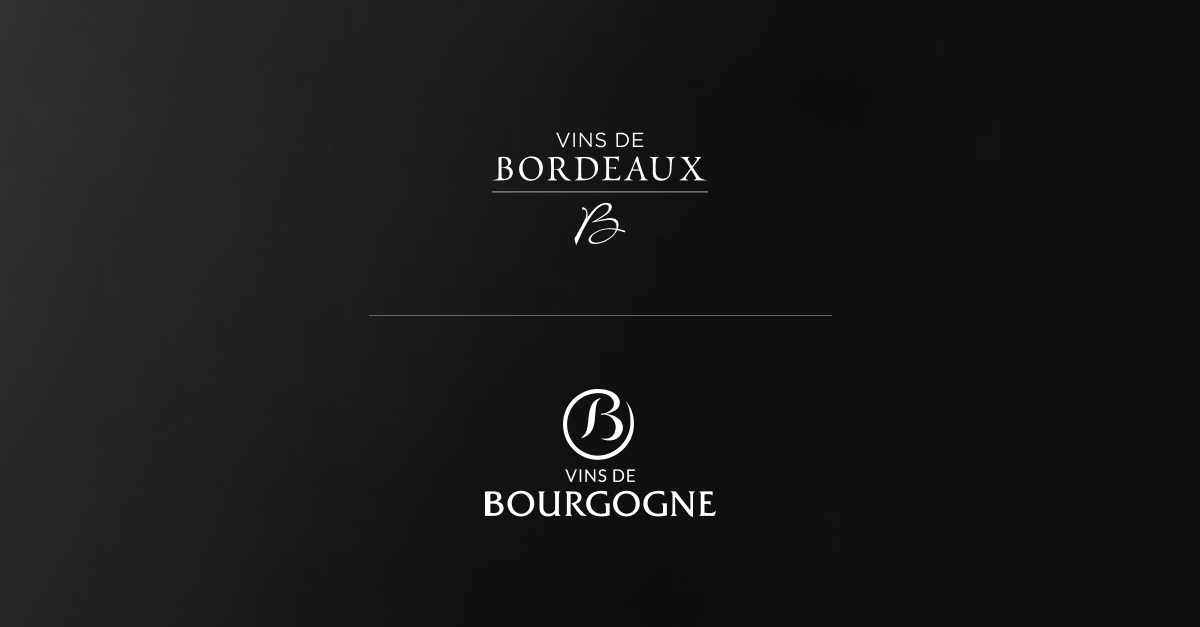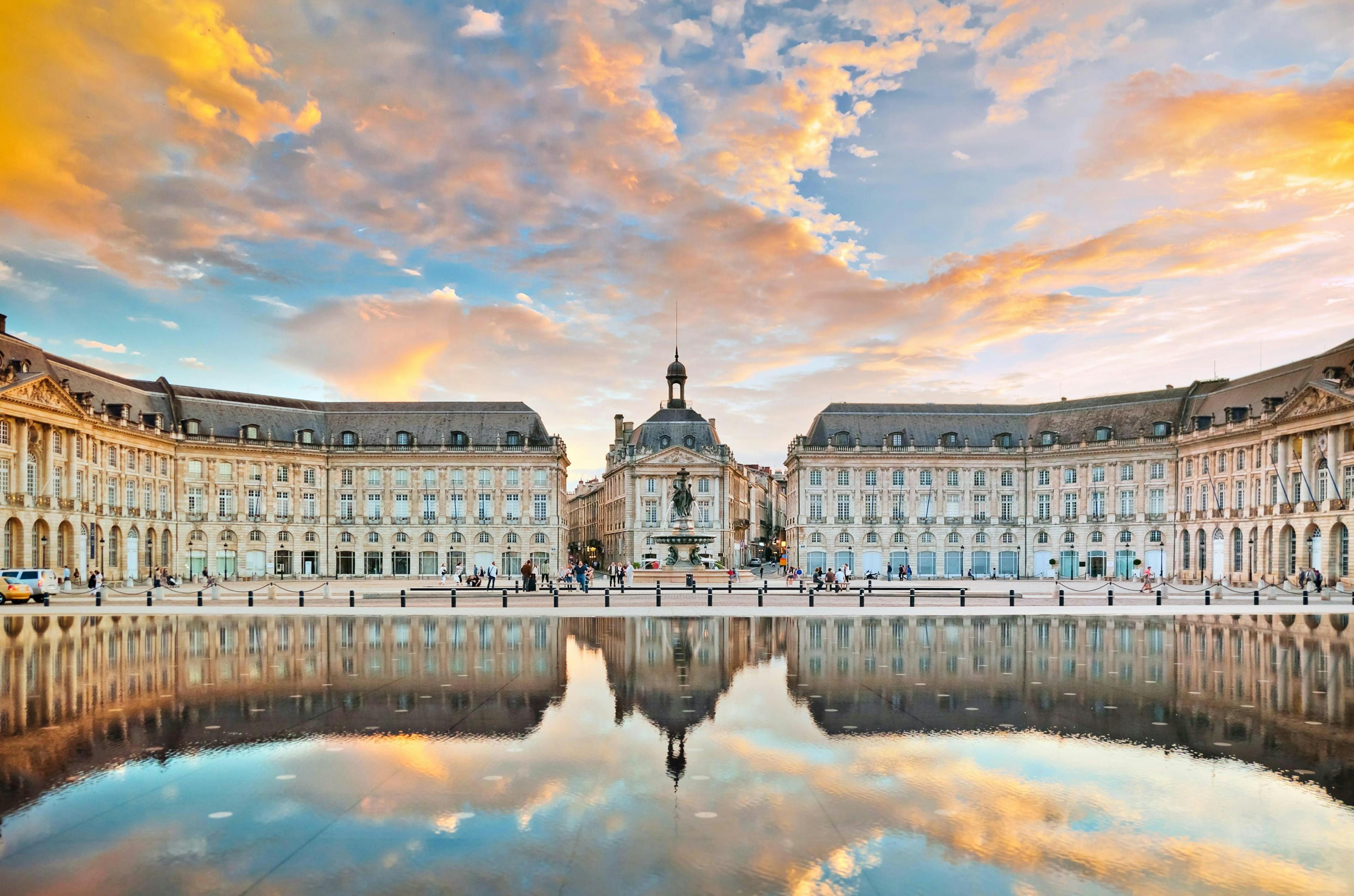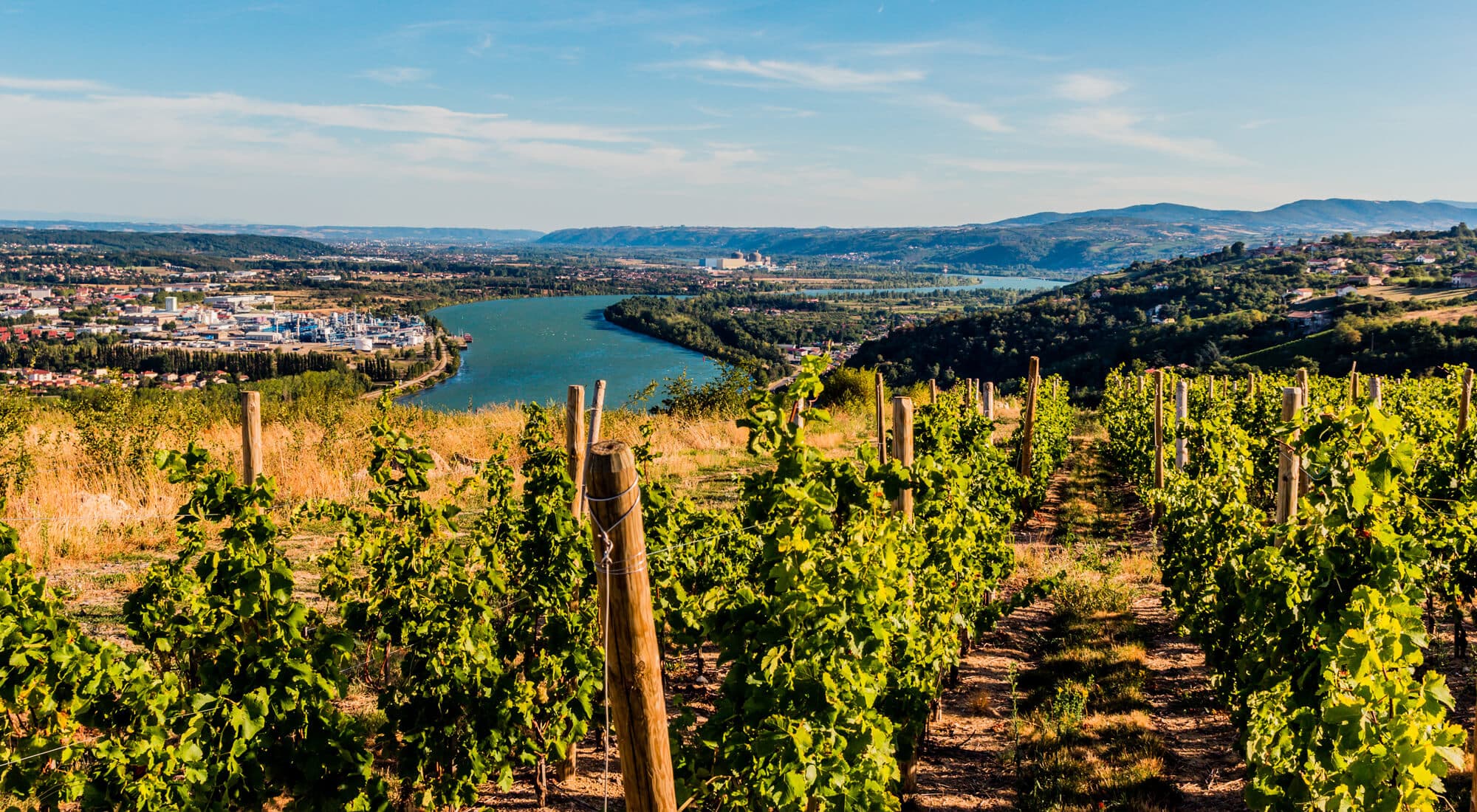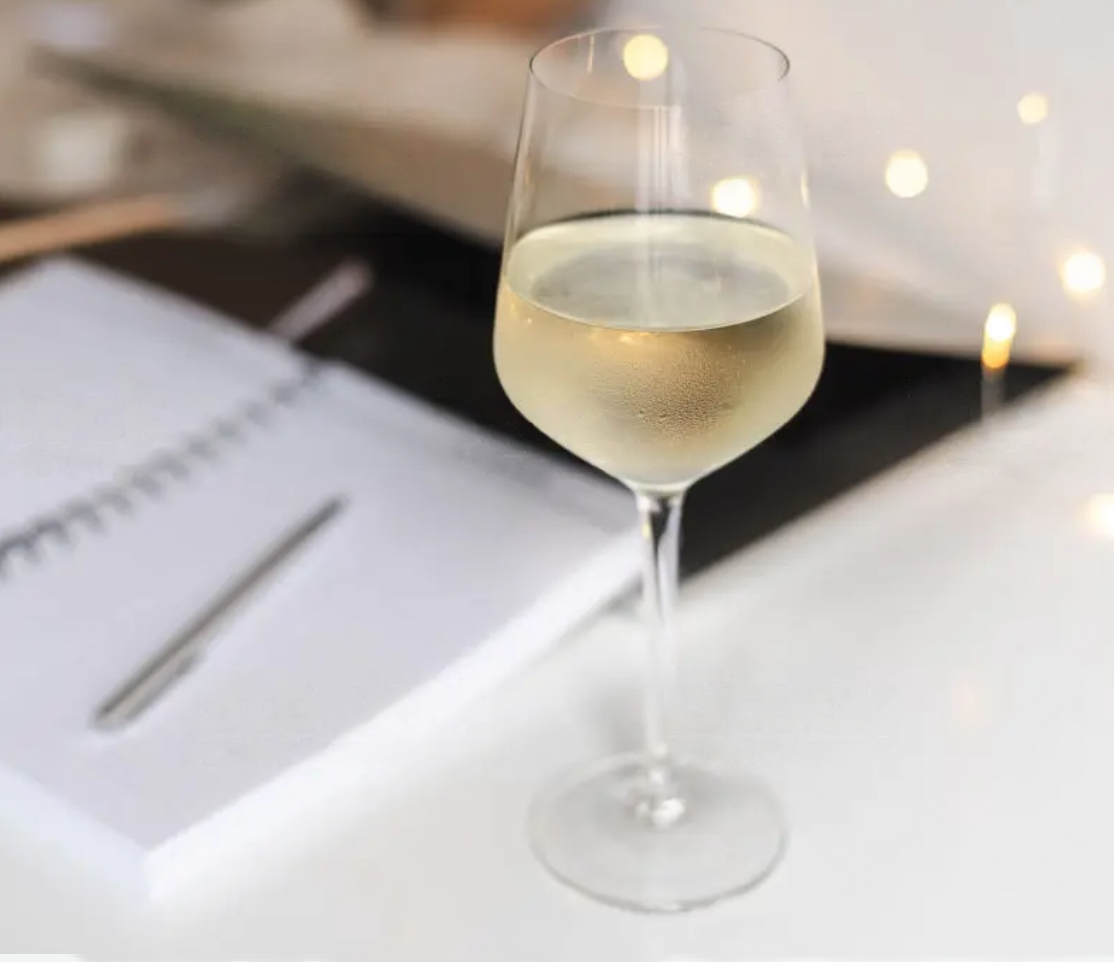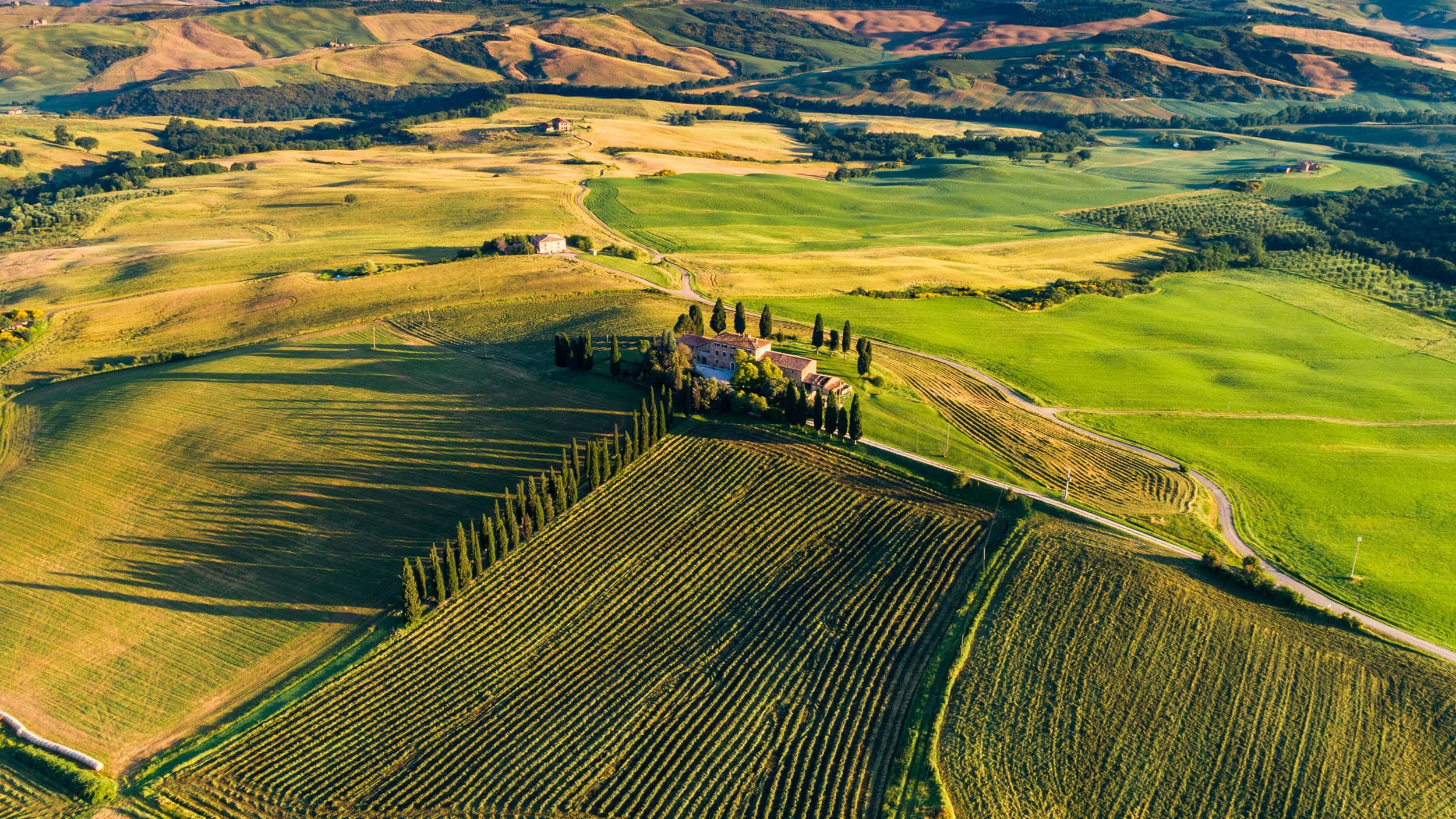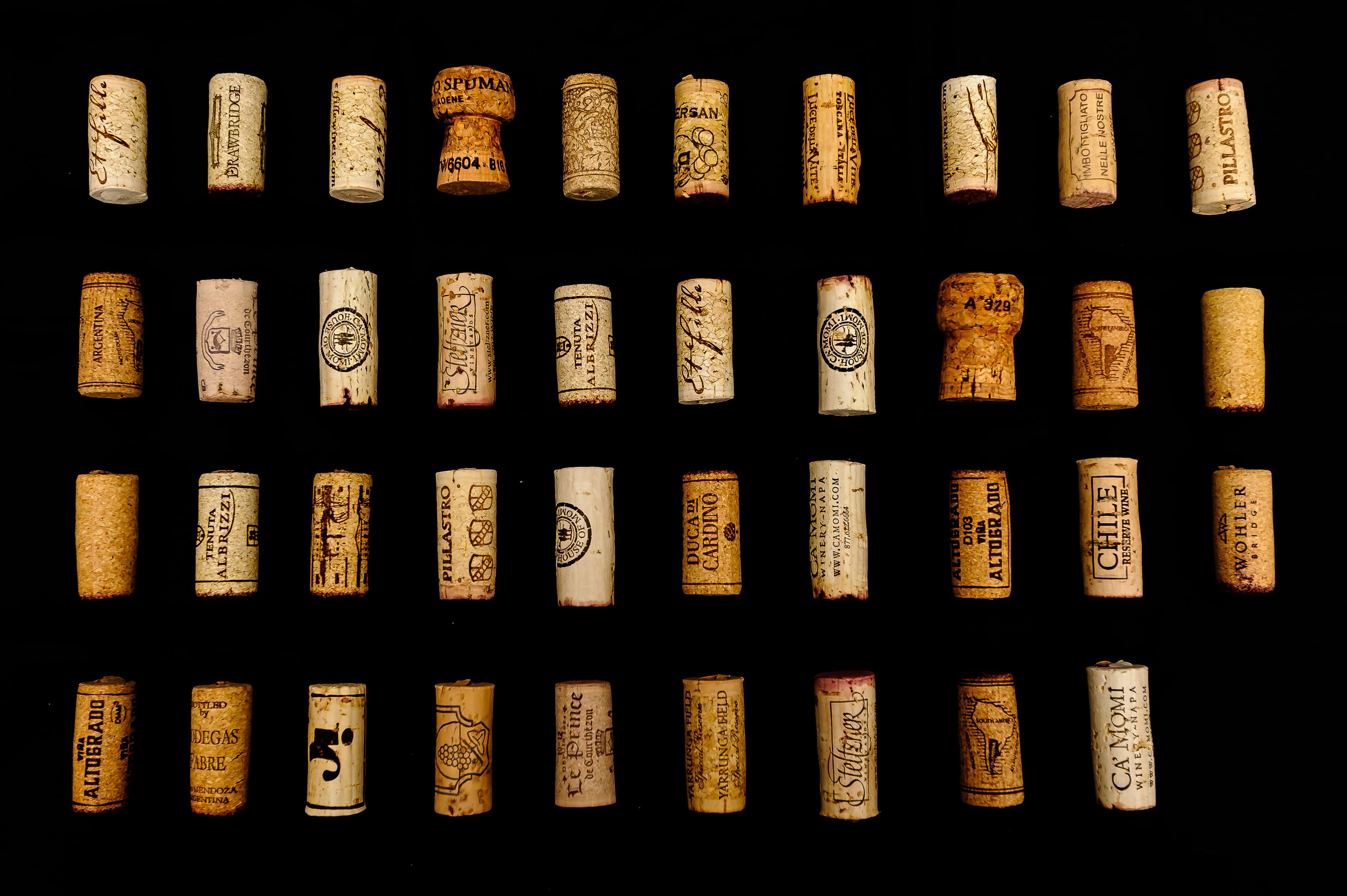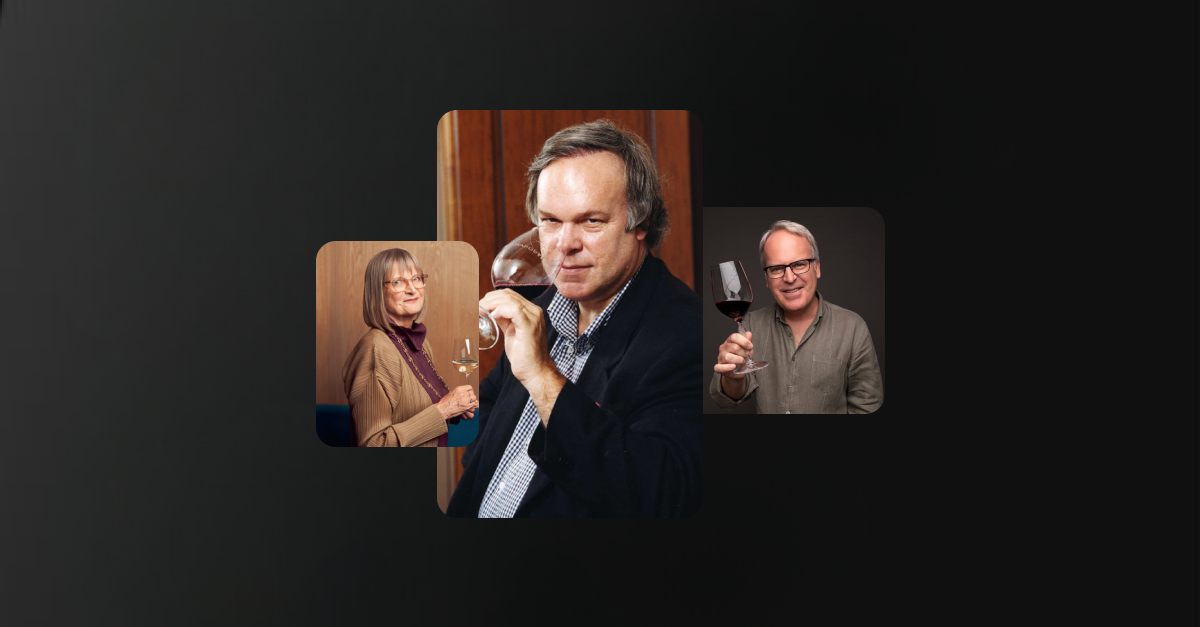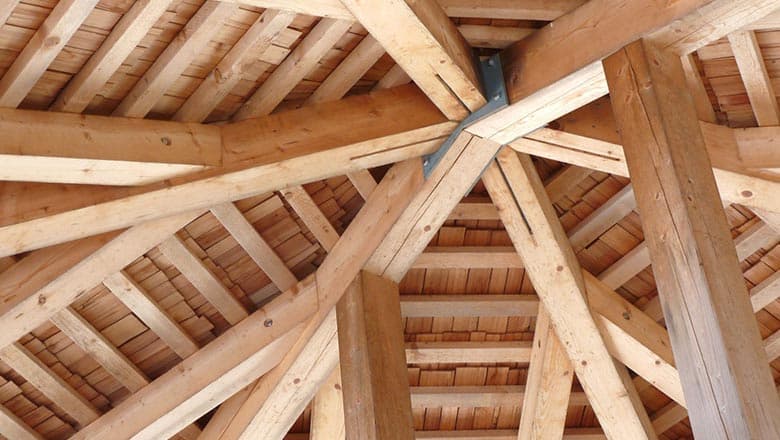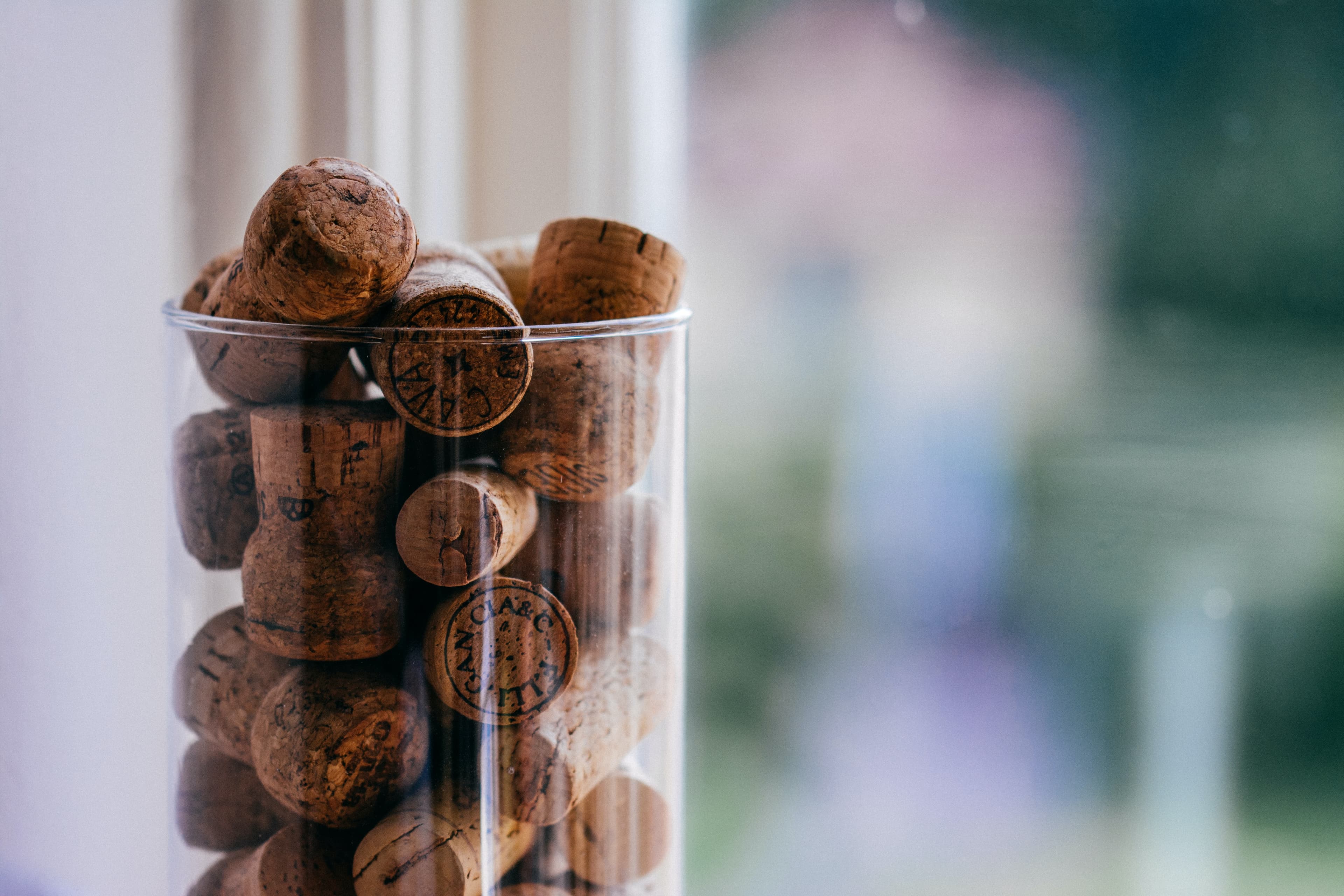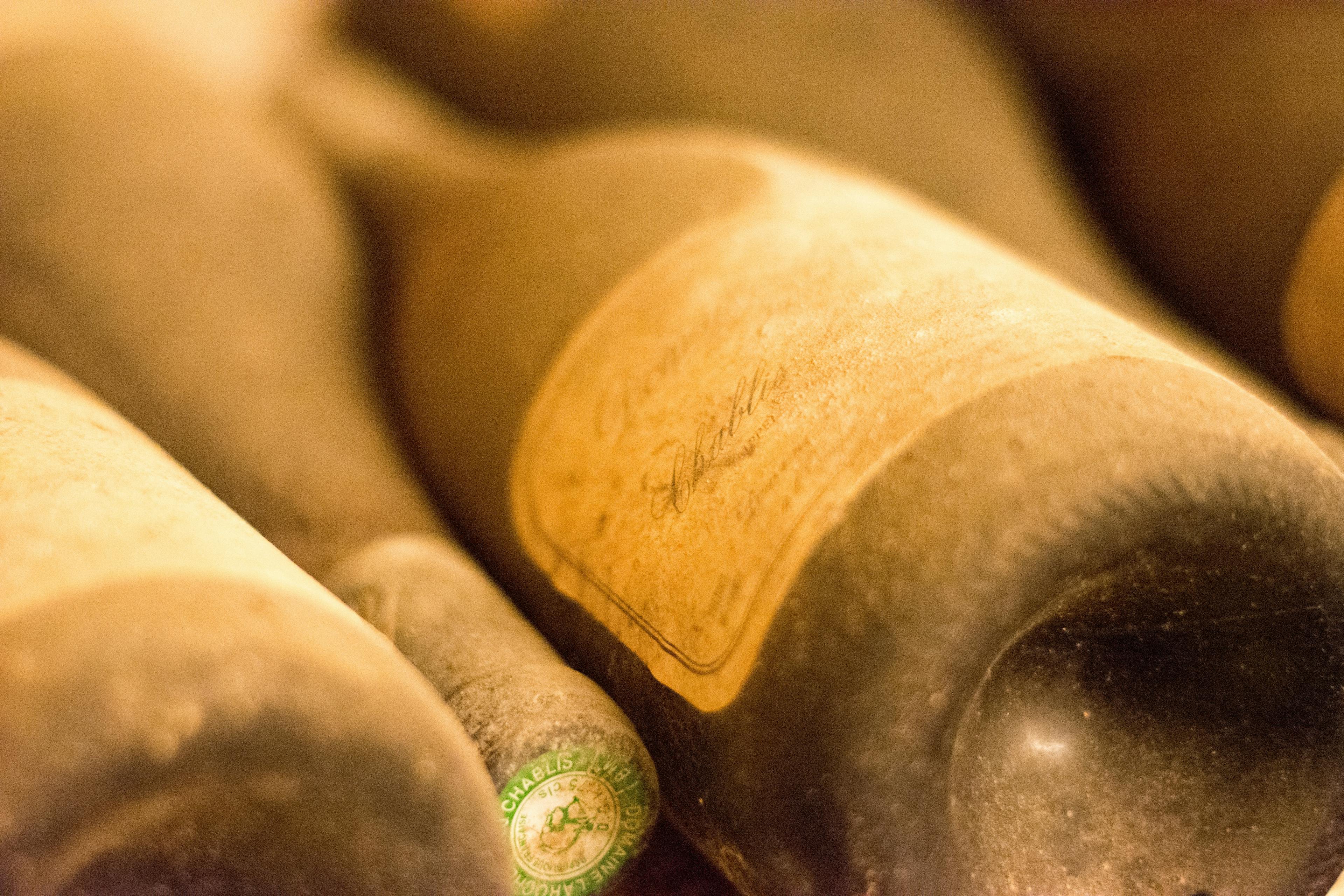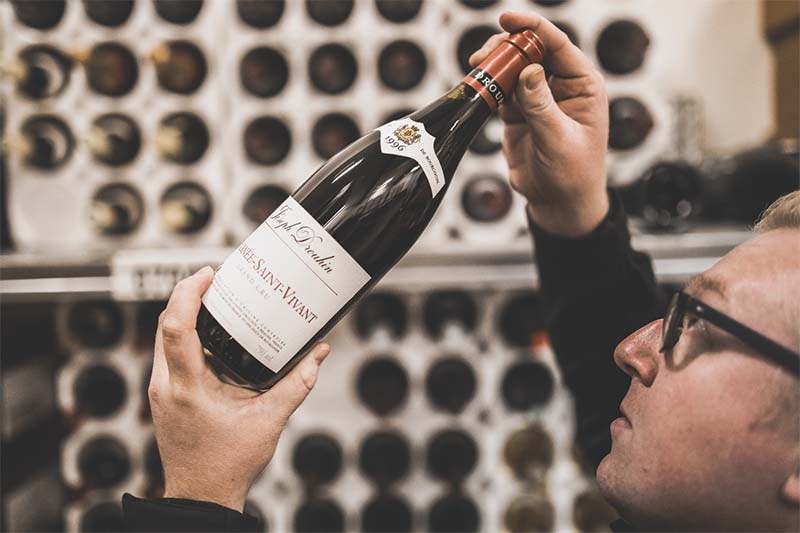What is the History Behind Château d'Yquem?
18 min read
Head of Content

The history of Château d'Yquem is as rich and complex as the wine it produces. Nestled in the heart of the Sauternes region in Bordeaux, France, this legendary estate has been crafting exquisite wines for over four centuries. The story of Château d'Yquem begins in the late 16th century when the estate was acquired by the Sauvage family. Over the years, it has passed through the hands of various owners, each contributing to its legacy of excellence. The estate's unique terroir, characterized by its microclimate and soil composition, plays a crucial role in producing the world-renowned sweet white wine. Château d'Yquem's commitment to quality and tradition has earned it a reputation as one of the finest wine producers globally. Join us as we delve into the fascinating history of this iconic estate, exploring the people, events, and innovations that have shaped its journey through the ages.
Early History of Château d'Yquem: Origins and Ownership
The early history of Château d'Yquem is a fascinating tale of land, legacy, and luxury. Situated in the Sauternes region of Bordeaux, France, the estate's origins date back to the 15th century. Initially, the land was under the ownership of the King of England, who also held the title of Duke of Aquitaine. However, in 1453, the region was reclaimed by the French crown following the end of the Hundred Years' War. This pivotal moment marked the beginning of a new chapter for the estate.
In 1593, Jacques Sauvage acquired the property, and his family played a crucial role in its development. The Sauvage family was granted feudal tenure over the land, allowing them to cultivate and improve it. By the mid-17th century, they had constructed the château that stands today, laying the foundation for what would become one of the world's most renowned wine estates.
The estate's reputation for producing exceptional wines began to take shape in the 18th century. In 1785, the property came under the ownership of the Lur-Saluces family through the marriage of Françoise-Joséphine de Sauvage d'Yquem to Louis-Amédée de Lur-Saluces. This union not only solidified the estate's legacy but also marked the beginning of a period of innovation and excellence in winemaking.
The Lur-Saluces family introduced new techniques that enhanced the quality of the wine, such as selective harvesting and the use of noble rot, a fungus that concentrates the sugars in the grapes.
These innovations contributed to the estate's growing reputation, and by the 19th century, Château d'Yquem was recognized as a premier producer of sweet white wines.
The estate's early history is a testament to the vision and dedication of its owners, who transformed it from a modest vineyard into a symbol of luxury and refinement. Today, Château d'Yquem continues to captivate wine enthusiasts around the world, who eagerly learn how to serve this exquisite wine to enhance its unique flavors.
The Sauvage Family and the Establishment of Château d'Yquem History
The history of Château d'Yquem is deeply intertwined with the Sauvage family, whose influence and vision were instrumental in establishing this iconic estate. The Sauvage family first acquired the land in 1593 when Jacques Sauvage was granted feudal tenure over the estate by the King of France. This marked the beginning of a legacy that would see Château d'Yquem rise to prominence as one of the world's most renowned wine producers.
Under the stewardship of the Sauvage family, the estate underwent significant development. They were responsible for planting the first vineyards and constructing the initial buildings that would form the foundation of the château. Their dedication to viticulture and winemaking set the stage for the estate's future success. The Sauvage family’s commitment to quality and innovation was evident in their meticulous approach to vineyard management and wine production.
In 1785, the estate came under the ownership of the Lur-Saluces family through the marriage of Françoise-Joséphine de Sauvage d'Yquem to Louis-Amédée de Lur-Saluces. This union further solidified the estate's reputation and continued the tradition of excellence established by the Sauvage family. The Lur-Saluces family maintained the high standards set by their predecessors, ensuring that Château d'Yquem remained at the forefront of the wine industry.
Château d'Yquem's history is rich with facts that highlight the estate's enduring legacy. The Sauvage family's initial vision and dedication laid the groundwork for what would become a symbol of luxury and quality in the world of wine. Their influence is still felt today, as Château d'Yquem continues to produce wines that are celebrated for their complexity, elegance, and longevity.
Key points about the Sauvage family's role in the establishment of Château d'Yquem include:
Acquisition of the estate in 1593 by Jacques Sauvage.
Initial development of vineyards and construction of estate buildings.
Commitment to quality and innovation in viticulture and winemaking.
Transition of ownership to the Lur-Saluces family in 1785, continuing the legacy of excellence.
Château d'Yquem History: Transition to the Lur-Saluces Family
The transition of Château d'Yquem to the Lur-Saluces family marked a significant chapter in its storied history. This transition began in 1785 when Françoise-Joséphine de Sauvage d'Yquem married Louis-Amédée de Lur-Saluces. The union brought together two influential families, each with a rich heritage in winemaking and land stewardship. Françoise-Joséphine, a visionary in her own right, took over the management of the estate after her husband's untimely death. Her leadership and innovative spirit laid the groundwork for the estate's future success.
Under Françoise-Joséphine's guidance, Château d'Yquem began to gain international acclaim. She implemented meticulous vineyard management practices and focused on quality over quantity, a philosophy that would become a hallmark of the estate. Her dedication to excellence was evident in every aspect of production, from the careful selection of grapes to the aging process in the cellars. This commitment to quality set Château d'Yquem apart from its peers and established its reputation as a producer of exceptional wines.
The Lur-Saluces family continued to oversee the estate for over two centuries, with each generation contributing to its legacy. They maintained the high standards set by Françoise-Joséphine, ensuring that the estate's wines remained synonymous with luxury and refinement. The family's stewardship preserved the unique terroir of Château d'Yquem, allowing it to produce wines of unparalleled complexity and depth.
Throughout the years, the Lur-Saluces family faced numerous challenges, including wars, economic downturns, and changes in ownership. Despite these obstacles, they remained steadfast in their commitment to preserving the estate's heritage and upholding its reputation for excellence. Their dedication to the craftsmanship of winemaking ensured that Château d'Yquem continued to produce wines that were celebrated around the world.
Today, Château d'Yquem stands as a testament to the vision and perseverance of the Lur-Saluces family. Their legacy is evident in every bottle, a reflection of centuries of tradition and a commitment to producing wines of the highest quality. The transition to the Lur-Saluces family was not just a change in ownership; it was the beginning of a new era for Château d'Yquem, one that would solidify its place in the annals of wine history.
Château d'Yquem History: Evolution of Winemaking Techniques
Château d'Yquem, a name synonymous with luxury and excellence in winemaking, has a storied history that reflects the evolution of winemaking techniques over centuries. The estate, located in the Sauternes region of Bordeaux, France, has been producing its renowned sweet wine since the late 16th century. Over the years, the winemaking process at Château d'Yquem has undergone significant transformations, adapting to both technological advancements and changing consumer preferences.
In the early days, winemaking at Château d'Yquem was a labor-intensive process. Grapes were harvested by hand, and the fermentation process was largely dependent on natural yeasts. The estate's commitment to quality was evident even then, as only the best grapes were selected for production. As time progressed, the introduction of new techniques and equipment allowed for greater control over the fermentation process, enhancing the consistency and quality of the wine.
The 19th century marked a pivotal period for Château d'Yquem, as the estate began to experiment with different aging techniques. The use of oak barrels became more prevalent, imparting unique flavors and aromas to the wine. This period also saw the introduction of more scientific approaches to winemaking, with a focus on understanding the chemical processes involved in fermentation and aging.
In the modern era, Château d'Yquem continues to innovate while maintaining its traditional methods. The estate employs state-of-the-art technology to monitor and control every aspect of the winemaking process, from vineyard management to bottling. Despite these advancements, the essence of Château d'Yquem's winemaking remains rooted in its history, with a steadfast commitment to quality and excellence.
For those fortunate enough to acquire a bottle of this exquisite wine, understanding how to store it properly is crucial to preserving its unique characteristics. Proper storage ensures that the wine retains its flavor and aroma, allowing it to be enjoyed at its best. As Château d'Yquem continues to evolve, its rich history and dedication to quality remain at the heart of its winemaking philosophy.
Château d'Yquem History: The Role of Noble Rot in Sauternes
Château d'Yquem, a renowned name in the world of wine, owes much of its legendary status to a unique phenomenon known as noble rot, or Botrytis cinerea. This fungus plays a crucial role in the production of Sauternes, the sweet wine for which Château d'Yquem is famous. Noble rot is not just a random occurrence; it is a carefully managed process that transforms ordinary grapes into the exquisite nectar that wine enthusiasts cherish.
The vineyards of Château d'Yquem are ideally situated in the Sauternes region of Bordeaux, where the climate is conducive to the development of noble rot. Morning mists from the nearby Ciron River create the perfect humid conditions for Botrytis cinerea to thrive. As the day progresses, the sun dries the grapes, concentrating their sugars and flavors. This delicate balance of moisture and sunlight is essential for the production of the high-quality Sauternes that Château d'Yquem is known for.
Noble rot causes the grapes to shrivel, intensifying their sweetness and complexity.
The process requires meticulous attention, as the grapes must be harvested at just the right moment.
Harvesting is done by hand, often requiring multiple passes through the vineyard to select only the grapes affected by noble rot.
The history of Château d'Yquem is deeply intertwined with the art of managing noble rot. This expertise has been passed down through generations, ensuring that each bottle of Château d'Yquem maintains its reputation for excellence. The result is a wine that is not only a testament to the skill of its makers but also a celebration of nature's ability to create something extraordinary from what might otherwise be considered a flaw.
For those enjoying a glass of Château d'Yquem, understanding the role of noble rot adds an extra layer of appreciation. It is a reminder of the intricate dance between human ingenuity and the natural world, culminating in a wine that is both a historical artifact and a modern marvel.
Château d'Yquem History: Recognition and Prestige in the 18th and 19th Centuries
The 18th and 19th centuries marked a period of significant recognition and prestige for Château d'Yquem, establishing its reputation as one of the most esteemed wines in the world. During this era, the estate's wines began to gain international acclaim, largely due to their exceptional quality and unique production methods. The meticulous attention to detail in the vineyard and cellar set Château d'Yquem apart from its contemporaries.
In the 18th century, the estate was under the ownership of the Sauvage d'Yquem family, who played a crucial role in elevating its status. They implemented innovative viticultural techniques that enhanced the quality of the wine, such as selective harvesting and the use of noble rot, or Botrytis cinerea, which concentrated the sugars and flavors in the grapes. This process resulted in a wine with unparalleled richness and complexity.
The 19th century saw further advancements and recognition. In 1855, during the Exposition Universelle de Paris, Château d'Yquem was classified as a Premier Cru Supérieur, the highest possible ranking, in the Bordeaux Wine Official Classification. This distinction solidified its position as a leader in the wine industry and underscored its exceptional characteristics.
Several notable figures of the time, including Thomas Jefferson, who visited the estate in 1787, praised Château d'Yquem for its exquisite taste and quality. Jefferson, a wine connoisseur and future President of the United States, even ordered several cases for his personal collection, further enhancing the wine's prestige.
Throughout these centuries, Château d'Yquem's commitment to excellence and innovation ensured its wines remained highly sought after by royalty, nobility, and wine enthusiasts worldwide. The estate's ability to maintain its high standards and adapt to changing times contributed to its enduring legacy and continued success.
Château d'Yquem History: Impact of Historical Events and Wars
The history of Château d'Yquem is deeply intertwined with the tumultuous events that have shaped France over the centuries. This illustrious estate, renowned for its exquisite wines, has weathered numerous historical upheavals, each leaving an indelible mark on its legacy.
During the Hundred Years' War, the region of Bordeaux, where Château d'Yquem is located, was a contested territory. The estate's vineyards were often caught in the crossfire, yet they managed to survive and even thrive in the aftermath. The resilience of the vines during this period laid the groundwork for the estate's future success.
The French Revolution brought about significant changes to the ownership and management of many estates, including Château d'Yquem. The revolutionaries seized properties from the nobility, and the estate was no exception. However, the Lur Saluces family, who had owned the estate since the late 18th century, managed to reclaim it after the turmoil subsided. Their dedication to preserving the estate's heritage ensured that Château d'Yquem continued to produce wines of exceptional quality.
World War I and World War II also had profound impacts on the estate. During these conflicts, the vineyards were neglected as resources and manpower were diverted to the war efforts. Despite these challenges, the estate's commitment to excellence never wavered. After each war, the vineyards were meticulously restored, and the winemaking process was refined to maintain the high standards for which Château d'Yquem is known.
The estate's ability to adapt and endure through these historical events is a testament to its enduring legacy. Each bottle of Château d'Yquem carries with it a rich history, offering a taste of the past. The impact of these historical events is evident in the complexity and depth of the wines, which continue to captivate connoisseurs around the world.
In summary, the history of Château d'Yquem is a narrative of resilience and adaptation. From the ravages of war to the upheavals of revolution, the estate has emerged stronger, with each challenge contributing to its storied reputation. The legacy of Château d'Yquem is not just in its wines but in its ability to transcend the trials of history.
Château d'Yquem History: The 1855 Bordeaux Classification
The 1855 Bordeaux Classification is a significant event in the history of Château d'Yquem, marking its place among the elite wines of the world. This classification was commissioned by Emperor Napoleon III for the Exposition Universelle de Paris, aiming to showcase the finest wines of the Bordeaux region. The classification ranked wines based on their reputation and trading price, which were considered indicators of quality at the time.
Château d'Yquem was the only wine to be awarded the prestigious Premier Cru Supérieur status, setting it apart from other Sauternes and Barsac wines. This distinction was a testament to the exceptional quality and unique characteristics of Château d'Yquem, which had been cultivated over centuries. The vineyard's unique terroir, with its combination of soil, climate, and meticulous winemaking techniques, contributed to its unparalleled reputation.
The classification not only solidified Château d'Yquem's status but also influenced its market value and demand. Collectors and connoisseurs around the world sought after this exquisite wine, further enhancing its prestige. The recognition from the 1855 Bordeaux Classification continues to impact the perception and appreciation of Château d'Yquem today.
Understanding the historical context of Château d'Yquem's classification provides insight into its enduring legacy. The wine's ability to pair with a variety of dishes is another aspect of its allure. For those interested in exploring the best food pairings for Château d'Yquem, there are numerous options that complement its rich flavors and complexity. This versatility in pairing further underscores the wine's exceptional quality and timeless appeal.
Château d'Yquem History: Notable Vintages and Legendary Wines
Château d'Yquem, a name synonymous with luxury and excellence, has a storied history of producing some of the world's most revered wines. Its legacy is punctuated by a series of notable vintages that have captivated wine enthusiasts and collectors alike. Each vintage tells a unique story, reflecting the climatic conditions and meticulous craftsmanship that define Château d'Yquem.
One of the most celebrated vintages is the 1811, often referred to as the "Comet Vintage." This wine is legendary for its extraordinary quality and longevity, attributed to the favorable weather conditions that year. The 1921 vintage is another standout, known for its rich, opulent flavors and remarkable aging potential. It remains a benchmark for sweet wines worldwide.
The 1945 vintage, produced in the aftermath of World War II, is renowned for its concentration and complexity. It represents a triumph of winemaking during challenging times. Fast forward to the 20th century, the 1975 vintage is often highlighted for its balance and elegance, showcasing the estate's ability to produce exceptional wines even in less-than-ideal conditions.
In more recent history, the 2001 vintage has gained acclaim for its perfect balance of sweetness and acidity, earning it a place among the estate's finest. The 2009 vintage, characterized by its lush fruit and vibrant acidity, is another modern classic that continues to impress.
Château d'Yquem's popular vintages are not just a testament to the estate's winemaking prowess but also a reflection of its ability to adapt and thrive through centuries of change. Each bottle is a piece of history, offering a glimpse into the past while promising a future of continued excellence. Whether enjoyed today or cellared for future generations, these wines remain a symbol of timeless elegance and unparalleled quality.
Château d'Yquem History: Modern Era and Continued Legacy
Château d'Yquem, a name synonymous with luxury and excellence in the world of wine, has continued to uphold its prestigious reputation well into the modern era. The estate, located in the Sauternes region of Bordeaux, France, has been producing its renowned sweet wines for centuries. However, the modern era has seen significant developments that have further cemented its legacy.
In 1999, a pivotal moment occurred when the LVMH Group, a global leader in luxury goods, acquired a majority stake in Château d'Yquem. This acquisition brought about a new era of investment and innovation, ensuring that the estate could maintain its high standards while embracing modern winemaking techniques. Under the stewardship of LVMH, Château d'Yquem has continued to produce wines that are celebrated for their complexity, balance, and longevity.
The estate has also embraced sustainable practices, recognizing the importance of environmental stewardship in maintaining the quality of its vineyards. Efforts have been made to reduce chemical use and promote biodiversity, ensuring that the land remains fertile and productive for future generations. This commitment to sustainability reflects a broader trend within the wine industry, where producers are increasingly aware of their environmental impact.
Technological advancements have played a crucial role in the modern era of Château d'Yquem. Precision viticulture techniques, such as satellite imaging and soil analysis, have been employed to optimize vineyard management. These innovations allow for more precise monitoring of vine health and grape ripeness, ensuring that only the finest grapes are harvested for production.
Despite these modern advancements, the estate remains deeply rooted in tradition. The meticulous process of hand-picking grapes, often requiring multiple passes through the vineyard to select only the best fruit, continues to be a hallmark of Château d'Yquem's winemaking philosophy. This dedication to quality over quantity is a testament to the estate's enduring commitment to excellence.
Château d'Yquem's continued legacy is also reflected in its global recognition and demand. The wines are highly sought after by collectors and connoisseurs, often fetching high prices at auctions. This enduring appeal is a testament to the estate's ability to adapt and innovate while staying true to its storied history and tradition.
Conclusion
In conclusion, the illustrious history of Château d'Yquem is a testament to the enduring allure and prestige of this exceptional wine. From its origins in the 16th century to its rise as a symbol of luxury and excellence, Château d'Yquem has consistently captivated wine enthusiasts and collectors alike. Its unique terroir, meticulous winemaking process, and the dedication of those who have stewarded its legacy have all contributed to its status as one of the most revered wines in the world.
As we reflect on the rich tapestry of Château d'Yquem's past, it becomes evident that its story is not just about the wine itself, but also about the passion and commitment of the people behind it. This dedication to quality and tradition is what continues to set Château d'Yquem apart, ensuring its place in the pantheon of great wines.
For those who appreciate the finer things in life, Rekolt offers an unparalleled opportunity to not only acquire such prestigious wines but also to preserve and enhance their value through professional cellar storage. This service allows collectors to enjoy the benefits of owning fine wines like Château d'Yquem, with the added convenience of secure storage and the potential for future trading. Embrace the legacy of Château d'Yquem and explore the possibilities with Rekolt, where history and modernity converge to offer a truly exceptional wine experience.
Share this article
